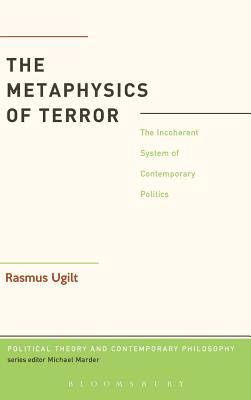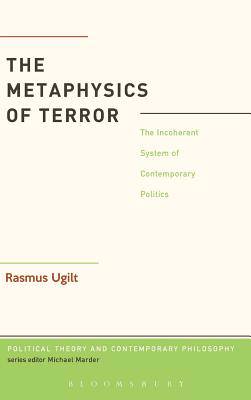
- Retrait gratuit dans votre magasin Club
- 7.000.000 titres dans notre catalogue
- Payer en toute sécurité
- Toujours un magasin près de chez vous
- Retrait gratuit dans votre magasin Club
- 7.000.0000 titres dans notre catalogue
- Payer en toute sécurité
- Toujours un magasin près de chez vous
339,45 €
+ 678 points
Format
Description
This groundbreaking study aims to provide a philosophical analysis of the phenomenon of terror, in particular the political reactions to it, such as public anxiety and pre-emptive wars, and to re-articulate the understanding of metaphysics through a consideration of its political implications.
The book reveals that the key feature of terror is "potentiality," that is, terror is always about "what could happen" as opposed to "what is likely to happen." This notion helps broaden the scope of the investigation, as the argument spans the ontology, political psychology, political cosmology, and political theology of terror. Each chapter begins with an empirical discussion, examining such topics as the political practices in reaction to terror, the politics of fear, warfare, sovereignty, and the debates about the state of exception in relations to anti-terrorism laws. This unique examination of our political reality uncovers the axiom of terrorism, namely its "potentiality." Going beyond the scope of terrorism studies, it explains the philosophical underpinnings of terror without compromising on the empirical facts drawn from policymaking, jurisprudence and related fields.Spécifications
Parties prenantes
- Auteur(s) :
- Editeur:
Contenu
- Nombre de pages :
- 224
- Langue:
- Anglais
- Collection :
Caractéristiques
- EAN:
- 9781441182524
- Date de parution :
- 06-09-12
- Format:
- Livre relié
- Format numérique:
- Genaaid
- Dimensions :
- 150 mm x 231 mm
- Poids :
- 476 g

Les avis
Nous publions uniquement les avis qui respectent les conditions requises. Consultez nos conditions pour les avis.






